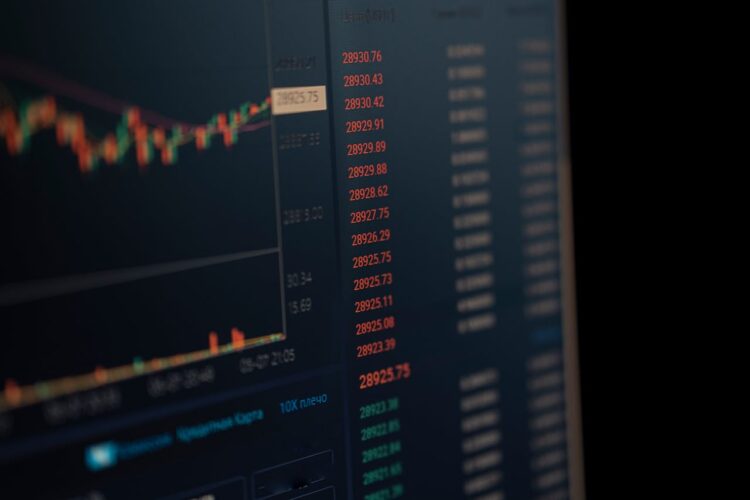The landscape of decentralized finance (DeFi) is witnessing a groundbreaking development with the introduction of Spark, a decentralized trading protocol. Spark has announced the launch of the first fully on-chain order book within the Ethereum ecosystem. This revolutionary move aims to address the existing challenges in DeFi by providing traders with a fast, secure, and transparent trading experience, all while minimizing state and reducing storage requirements.
The Innovation Behind Spark’s On-Chain Order Books
With its innovative approach, Spark seeks to redefine the trading experience by offering a “secure, efficient, and decentralized” platform for traders. According to the announcement, the state-minimized order book will bring execution entirely on-chain, enhancing transparency and reducing data storage and processing needs. This ensures faster transactions without compromising on security.
Addressing Limitations of AMMs and CEXs
The Ethereum Layer 2 project is designed to overcome the limitations of Automated Market Makers (AMMs) and Centralized Exchanges (CEXs). AMMs, while crucial to DeFi’s growth, often fall short of meeting the advanced demands of institutional traders engaged in high-frequency and algorithmic trading. On the other hand, CEXs have faced criticism for lacking the transparency and control that decentralized systems promise.
Spark aims to bridge this gap by incorporating traditional trading mechanisms to attract institutional traders. To achieve this, Spark will introduce Central Limit Order Books (CLOBs), a trading mechanism commonly used in traditional stock markets to match bids and offers based on time priority and price.
Enhancing Price Discovery and Liquidity
By implementing CLOBs, Spark is poised to offer improved price discovery, faster execution, and deeper liquidity while upholding security and transparency. This initiative seeks to deliver the precision and capabilities required by professional and institutional traders.
Vitali Dervoed, CEO and co-founder of Spark, emphasized the significance of order books for traders seeking accuracy and transparency:
Order books are the backbone of professional, institutional, and advanced retail traders who rely on precise execution and transparency. Spark’s shift to on-chain trading represents a significant leap in eliminating the trade-offs associated with off-chain systems. With full visibility into order depth and liquidity, users are protected from risks like front-running and manipulation while enjoying the security of self-custody. Unlike centralized exchanges, Spark ensures users have complete control over their assets, making it an ideal platform for traders prioritizing security, transparency, and efficiency.
A New Era for Decentralized Trading
Launched in October, Fuel is a modular rollup operating system specifically designed for Ethereum. Within just three weeks, it achieved a Total Value Locked (TVL) of $33.5 million, according to data from DeFiLlama. Remarkably, Fuel experienced a 700% increase in TVL in a single day, followed by a 1200% increase over a week.
Spark stands out as one of the pioneering decentralized applications (dApps) on the Fuel Network. Powered by Fuel’s modular architecture, the Ethereum Layer 2 project aims to propel DeFi closer to mainstream adoption by offering enhanced speed, scalability, and interoperability.
The collaborative efforts of these projects strive to build a new era for decentralized trading, unlocking fresh possibilities for institutional-grade DeFi and reshaping the Ethereum landscape. Nick Sway, CEO of Fuel Network, described Spark’s launch as a vehicle to push DeFi boundaries:
Fuel’s mission is to foster an environment where builders can push the boundaries of DeFi, and Spark is a testament to this vision. By leveraging Fuel’s powerful high-performance design, Spark introduces a new level of transparency and efficiency to decentralized finance through on-chain order book trading, setting a new benchmark for scalability and precision.
Ethereum (ETH) is currently trading at $2,168, marking a pivotal moment in the evolution of decentralized trading.











